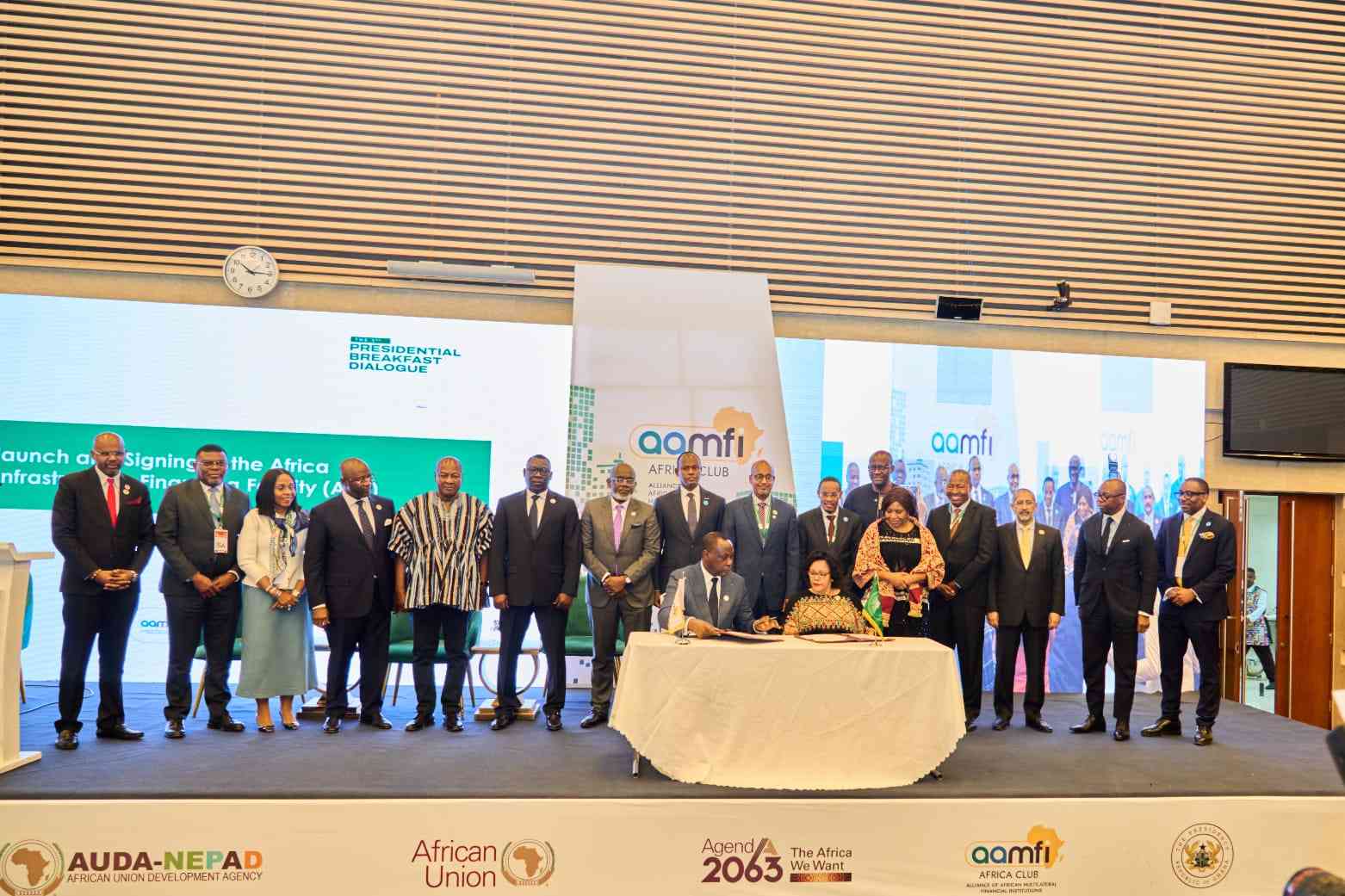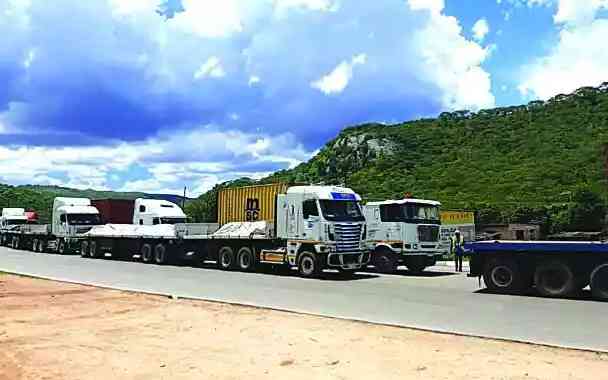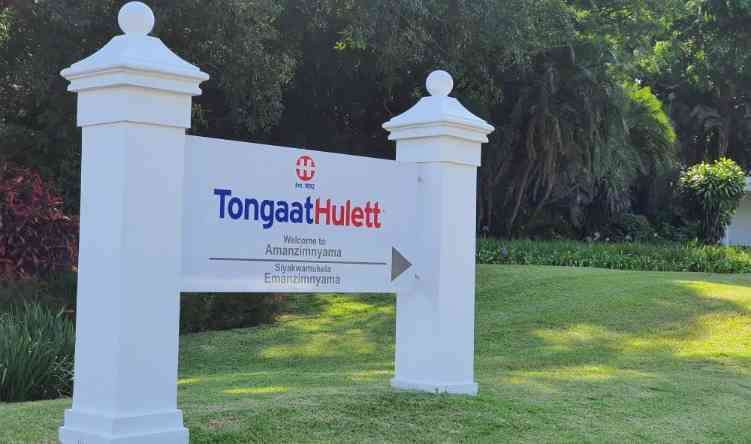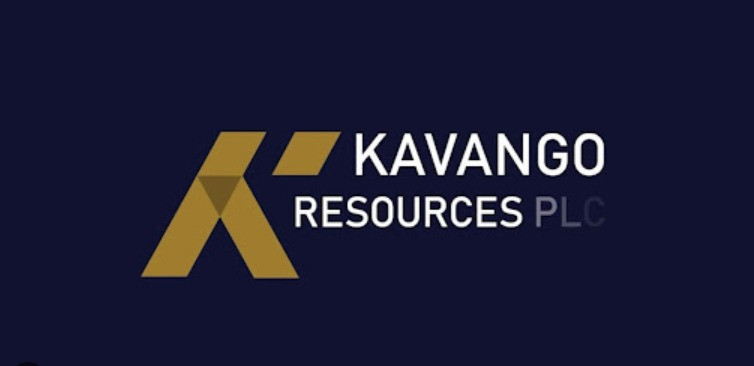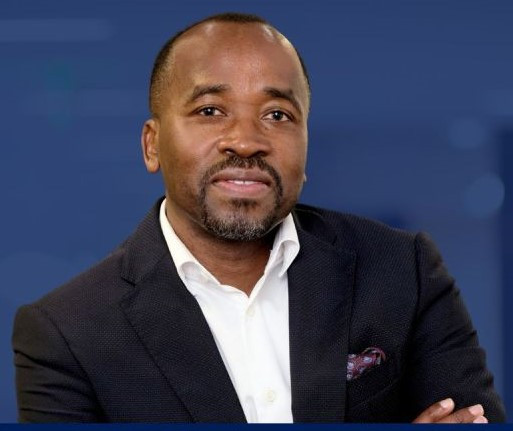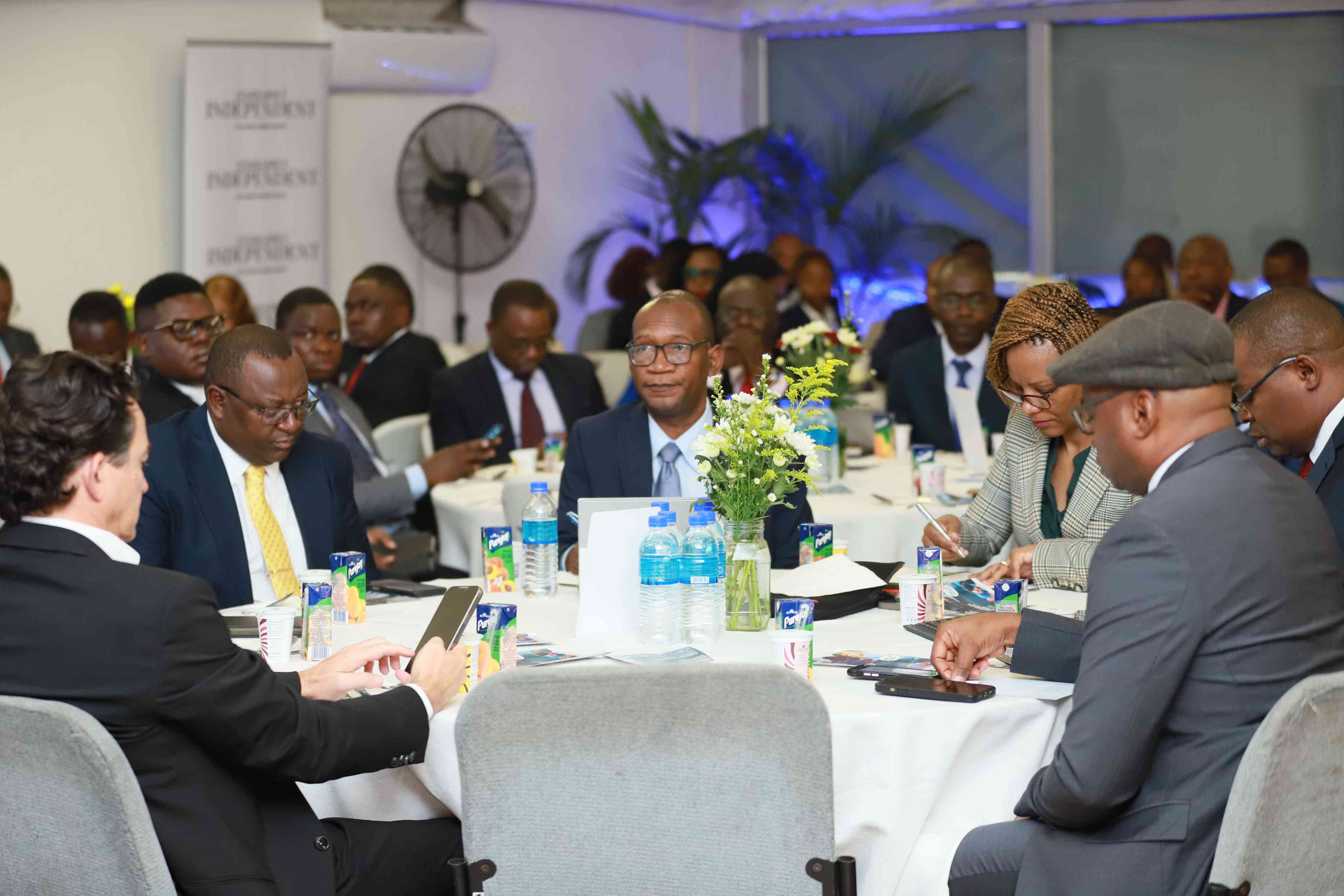
AT yesterday’s Zimbabwe Indepen-dent Banks & Banking Survey and awards ceremony held in Harare, a panel of top economists and business leaders tackled the nation’s critical debate: mono-currency versus dollarisation. Facilitated by economist Nigel Chanakira, the discussion featured insights from Confederation of Zimbabwe Industries chief economist Cornelius Dube, economist Gift Mugano, Reserve Bank of Zimbabwe Monetary Policy Committee member Persistence Gwanyanya, and WestProp Holdings CEO Ken Sharpe. Key excerpts from their exchange are below:
Cornelius Dube
Our approach has to be market-led. It (the mono-currency target) used to be 2025, I think we all know. When we got closer to 2025 and started talking as we do now, His Excellency increased it to 2030. I am sure as we get to 2030, this date is going to be increased to 2035.
So, I think we should move away from looking at 2030 and instead talk about the fundamentals.
This means the issue of a mono-currency should be fundamentally-based, not deadline-based. In my personal view, we are not going to have a mono-currency in 2030; probably 2035 or 2040, because we say it is market-led.
The market is not ready for that. I think we also have a problem by just saying “mono-currency”.
It is only in Zimbabwe that you talk about a mono-currency, because there is no currency that is truly a mono-currency.
The United States dollar, in fact, also brings confusion. When you talk about a mono-currency by 2030, are you saying the US dollar is not going to be there? Obviously, the US dollar is going to be there; it is part of the banking system, and by the way, 83% of M3 is US dollars. That is not going to change. We need more time, especially if you want this to be regulated. There were some fundamental issues that were presented here. At the moment, they do not have numerical targets. It is only a reserve cover that has a three- to six-month target.
- Mavhunga puts DeMbare into Chibuku quarterfinals
- Bulls to charge into Zimbabwe gold stocks
- Ndiraya concerned as goals dry up
- Letters: How solar power is transforming African farms
Keep Reading
For the rest, we do not even know how they are going to be backing stability; we do not even know the indicator for most of the variables we have been given. I think that is where we should be going now.
If policy now starts approaching the whole issue — in fact, Zimbabwe is now moving away from de-dollarisation and is now talking about confidence, and I think that is a very big step for the market. Let us not talk about mono-currency.
Even if we are here in 2050, the US dollar will still be part of our currency. Even if we change the primary transaction currency, we will still have it; you can still keep it in your foreign currency account. So, let us do away with this word “mono-currency”.
Ken Sharpe
My advice to the Reserve Bank of Zimbabwe, with all respect, let us focus on the future. And the 2030 deadline cannot be the future, because the future of Zimbabwe is not in 2030; it’s too soon.
So, when we look at the legislation in place, and you say it is market-led — which is the word the deputy governor used, and not a forced decision on the market — then how can we have this red flag sitting there, staring at us like a warning sign, saying beyond 2030 there is no predictability, beyond 2030 there are possibly no dollars?
If you are sincere, then remove the Statutory Instrument that is causing the problem and make it market-driven and market-led.
Gift Mugano
The US dollar still commands a dominant share of global trade, but there has been a move by central banks to run away from it due to its weaponisation through sanctions. The biggest issue is that the currency issue is market-driven.
The Zimbabwe government has failed to guarantee a permanent solution to stability for 28 years. It’s a market that cannot be forced; the best position for a currency is the market. We need fiscal consolidation and production, a competitive and productive economy, and critical enablers.
The roadmap must not just be a directive, but an inclusive national roadmap. Now, the informal sector is a minimum of 80%. The possibility of going back through cycles of local currency and US dollars is very limited because of the “mattress bank” that we have seen.
When you are looking at an economy, the preferability of a local currency is measured by the entire national economy.
Persistence Gwanyanya
I am more persuaded to listen to the market, but also to guide the market. Dollarisation is only a short-term relief. We have a future to play for, and we have hard choices to make.
Nigel Chanakira
My sense as the moderator is that the date is unnecessarily disruptive, and so perhaps, we could adjust that in terms of being flexible and allowing the market to find its level. If you are on track with your policies, you cannot go wrong.

